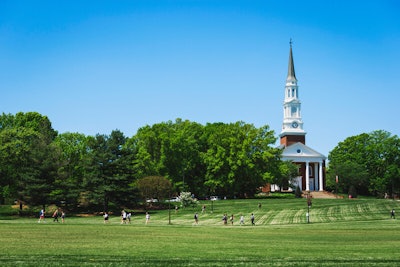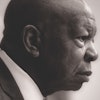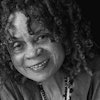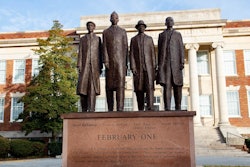 University of Maryland campus, Memorial Chapel.
University of Maryland campus, Memorial Chapel.
The University of Maryland's (UMD) The 1856 Project has released its first report covering the history of their institution and its intersection with slavery, Reconstructing the Truth. Its goal, stated in the report, is to become a “blue print for a richer understanding of generations of racialized trauma rooted in the institution.”
Findings include just under 100 known names of enslaved persons whose labor built UMD, an acknowledgement that the institutional founder and early donors were slaveholders, a better understanding of the vital role northern Prince George County played in the Underground Railroad, and the development of a map that identifies former homesteads and communities of freed Black people.
 Lae’l Hughes-Watkins, co-chair of The 1856 Project and associate director for engagement, inclusion and reparative archiving, Special Collections and University Archives at the University of Maryland.
Lae’l Hughes-Watkins, co-chair of The 1856 Project and associate director for engagement, inclusion and reparative archiving, Special Collections and University Archives at the University of Maryland.
“The political environment we’re in now, it’s pushing back against the ideas of democracy—whose stories get to be told, who gets valued in this country—it’s turning us backward,” said Hughes-Watkins. “This project is a counter to that. We’re going to push forward and tell the stories that aren’t easy to tell.”
These stories are complicated and often traumatizing, Hughes-Watkins said, but their discovery can play a critical role in healing a racially stratified world.





















